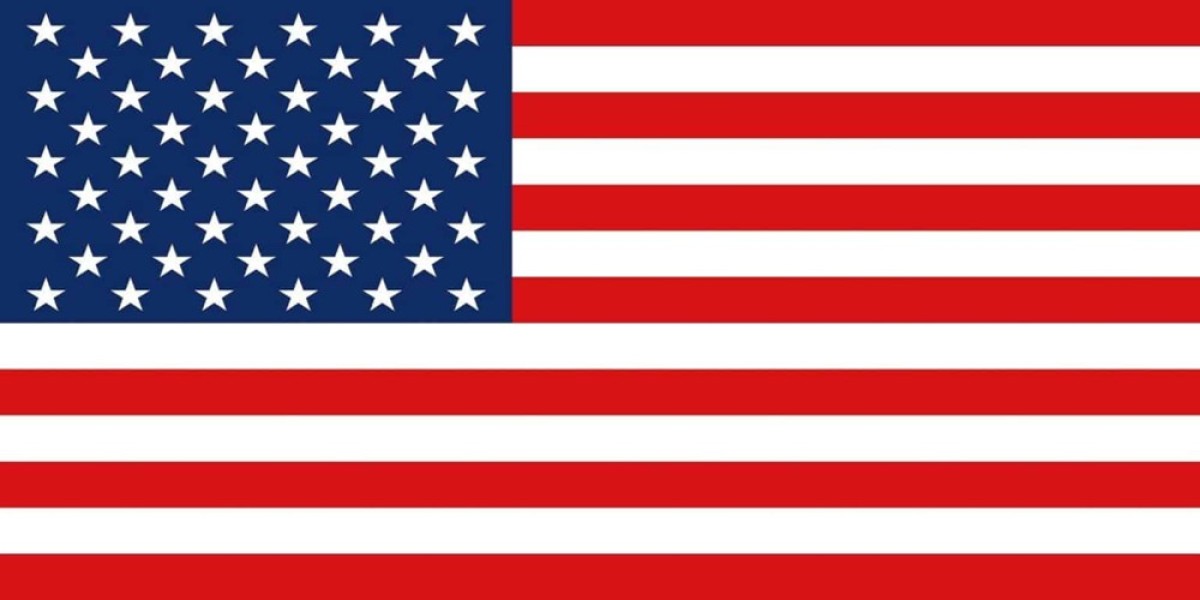Introduction
In recent times, the private air charter trade has skilled significant progress, remodeling the way in which people and businesses approach air journey. This mode of transportation provides unparalleled flexibility, comfort, and efficiency, making it a sexy possibility for a diverse clientele. This article delves into the mechanics of private air charter, its advantages, challenges, and its affect on the aviation business as an entire.
Understanding Private Air Charter
Private air charter refers to the hiring of a whole aircraft for personal or enterprise use. Not like business airlines, which operate on fixed schedules and routes, private charters present purchasers with the liberty to pick departure instances, destinations, and even aircraft varieties. Charter services can range from small jets and turboprops to larger airliners, accommodating various passenger counts and luggage necessities.
The private air charter market is usually divided into two segments: on-demand charters and fractional ownership. On-demand charters enable shoppers to e-book flights as wanted, while fractional ownership entails purchasing shares in an aircraft, providing access to a selected variety of flight hours per yr.
The benefits of Private Air Charter
- Time Effectivity: One of the most vital advantages of private air charter is the time saved during travel. Passengers can avoid long safety strains, boarding processes, and layovers, allowing for a more streamlined travel experience. Additionally, private jets flights jets can access smaller airports nearer to the ultimate destination, decreasing total journey time.
- Flexibility: Private air charters offer unparalleled flexibility in scheduling. Purchasers can modify departure instances with minimal notice and alter routes as wanted. This adaptability is particularly useful for enterprise travelers whose schedules might change at a moment's notice.
- Privacy and Comfort: Private jets provide a degree of privacy and comfort that industrial flights can not match. Passengers can conduct meetings, make phone calls, or simply chill out without the distractions of fellow travelers. The cabin setting will be customized to swimsuit individual preferences, from catering options to in-flight leisure.
- Entry to Distant Places: Many private jets can land at smaller airports that are not serviced by business airlines, making it simpler for travelers to reach remote places. This capability is especially advantageous for business journeys to industrial websites or leisure trips to private resorts.
- Enhanced Security Protocols: Within the wake of the COVID-19 pandemic, many travelers have become increasingly involved about health and security during air journey. Private charter companies often implement stringent health protocols, including deep cleansing of aircraft and restricted passenger capacity, providing an added layer of security.
Challenges Dealing with the Private Air Charter Business
Regardless of its quite a few benefits, the private air charter industry is just not with out challenges. A few of the most pressing points include:
- Cost: While private air travel presents comfort, it comes at a premium. The high operational costs related to maintaining aircraft, hiring certified crew, and adhering to regulatory standards could make private charters prohibitively expensive for some potential purchasers.
- Environmental Concerns: The aviation business is underneath increasing scrutiny relating to its environmental impact. Private jets are often criticized for his or her carbon emissions, and the trade faces strain to undertake extra sustainable practices. Some corporations are exploring the use of sustainable aviation fuels (SAFs) and extra efficient aircraft to mitigate their environmental footprint.
- Regulatory Hurdles: The private air charter industry is topic to a fancy net of laws that vary by nation. Navigating these laws might be difficult for operators, notably when expanding into new markets. Compliance with safety standards and licensing necessities is crucial but will also be resource-intensive.
- Market Volatility: The private air charter market will be inclined to economic fluctuations. Throughout financial downturns, businesses could minimize back on travel expenses, leading to decreased demand for charter services. Conversely, in instances of economic development, demand can surge, resulting in capability constraints and elevated prices.
The way forward for Private Air Charter
As we look to the long run, the private air charter business is poised for continued development. A number of traits are shaping the landscape of private aviation:
- Technological Developments: The integration of expertise within the private air charter business is revolutionizing the booking course of and enhancing the overall customer expertise. On-line platforms and cellular apps enable clients to simply examine costs, book flights, and handle their journey itineraries in actual time.
- Sustainability Initiatives: In response to rising environmental considerations, many private charter companies are investing in additional gasoline-efficient aircraft and exploring the use of SAFs. The adoption of electric and hybrid aircraft is also on the horizon, promising to reduce the carbon footprint of private aviation.
- Elevated Demand for Personalization: As travelers seek more personalised experiences, private charter companies are focusing on tailoring services to satisfy particular person shopper needs. This consists of custom-made in-flight catering, bespoke itineraries, and enhanced customer service to create a novel travel experience.
- Enlargement of Providers: Many private air charter companies are expanding their choices beyond traditional charters. This includes partnerships with luxurious lodges, concierge providers, and floor transportation options, making a seamless travel experience from begin to finish.
Conclusion
Private air charter represents a major shift in the best way people and businesses strategy air travel. With its myriad benefits, together with time effectivity, flexibility, and privateness, it has turn into an interesting alternative to industrial flights. However, the industry must navigate challenges comparable to cost, environmental considerations, and regulatory hurdles to sustain its progress. As technological advancements and sustainability initiatives shape the future of private jets charter cost per hour aviation, the private air charter (www.udrpsearch.com) industry is set to stay a significant part of the global travel panorama.






